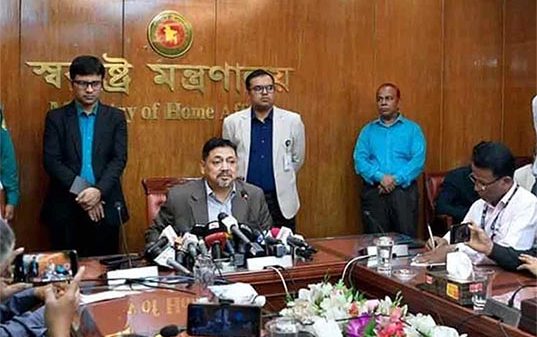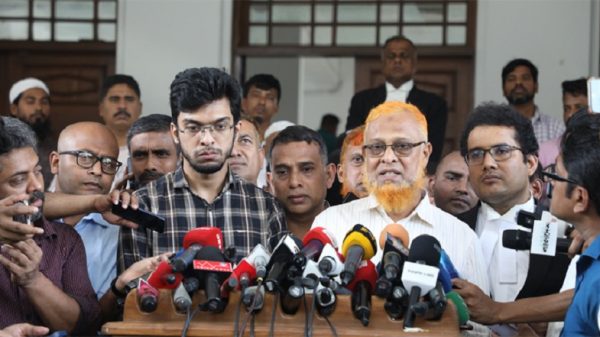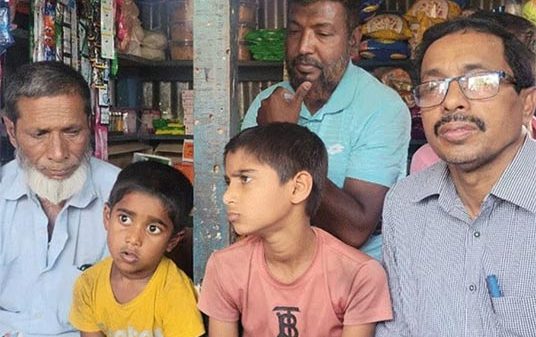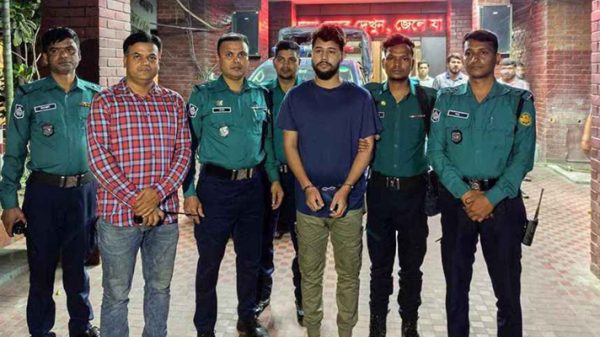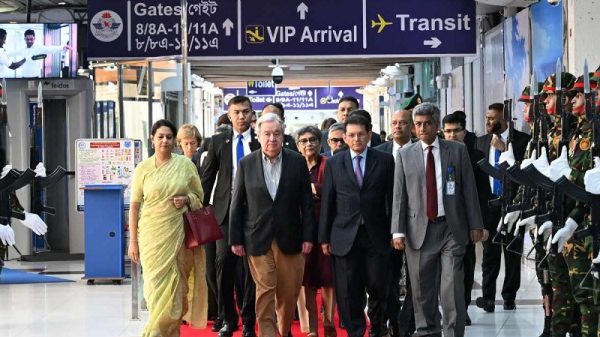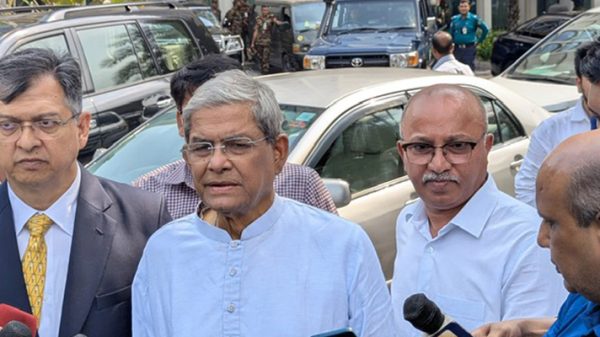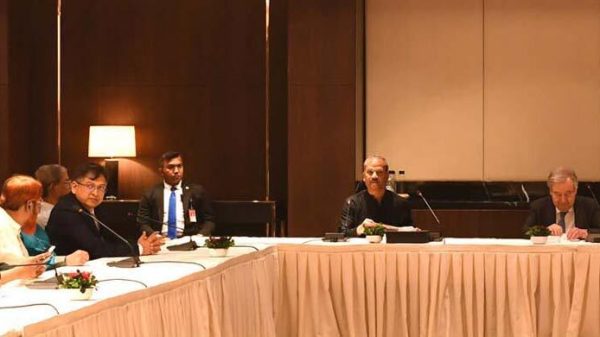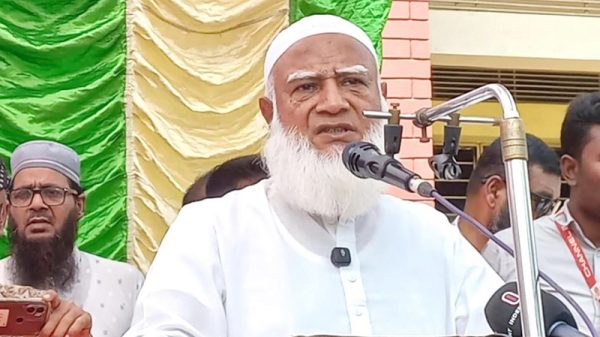President reiterates call for prompt global actions on Rohingya issue

- Update Time : Tuesday, 19 September, 2023, 02:43 pm
- 250 Time View
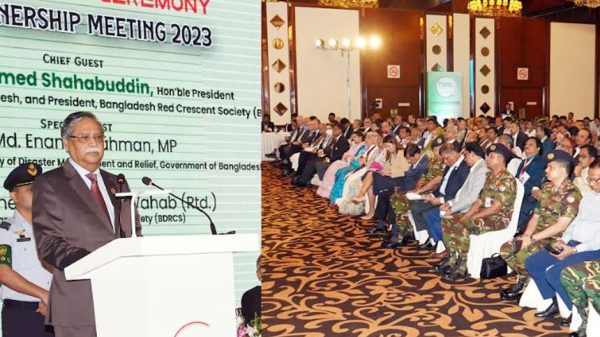
Online Desk: President Mohammed Shahabuddin today reiterated his call to the global community to urgently act for solving Rohingya issue as he opened 7th Partnership Meeting-2023 of Bangladesh Red Crescent Society (BDRCS) in a city hotel. “Bangladesh is hosting around 1.2 million forcibly displaced Myanmar people with shelter, food and other necessities. I call upon the international community to urgently act on the issue,” he said.
The President said it is imperative to understand that the burden of this issue (Rohingya influx) should not fall solely upon Bangladesh’s shoulder. He urged the international community to find a durable solution to this issue in its place of origin in Myanmar, apprehending that further delay to commence safe, voluntary, and sustainable repatriation of Rohingyas and shortage of humanitarian support may put the entire region at risk. Shahabuddin, however, asked all concerned to remain aware of the ongoing development as it (development) requires support and collaboration of all as a shared responsibility.
State Minister for Disaster Management and Relief Dr Md Enamur Rahman, BDRCS Chairman Major General (retd) ATM Abdul Wahab, Asia Pacific Regional Director of the IFRC and Red Crescent Society Alexander Matheou, Head of Bangladesh Delegation of the International Committee of the Red Cross Agnes Dhur and BDRCS Secretary General Kazi Shofiqul Azam spoke.
BDRCS Vice-Chairman Md Nur-Ul-Rahman, Treasurer Md Abdus Salam, Managing Board Member and Lawmaker Aroma Dutta, and Director (legal affairs) Enatullah Akram, diplomats, representatives of the IFRC, ICRC, the UN, International Organizations and corporate sectors were also present.
The President said this year’s partnership meeting is a unique juncture in history as the world is now facing challenges with the recent COVID-19 pandemic, being the most prominent, and climate change. Terming the climate change as a global crisis, the Head of the State urged the international community to comply with their commitments to reduce greenhouse gas emissions and provide support to vulnerable nations like Bangladesh.
The BDRCS, as an auxiliary to the government in the humanitarian field and a member of the International Federation Red Cross Society (IFRCS) and Red Crescent Movement, is conducting disaster response capacity building, disaster preparedness expansion, and healthcare activities with the aim of achieving disaster risk reduction and building resilience in vulnerable communities.
Since 2017, BDRCS has also been carrying out various humanitarian assistance programmes for forcibly displaced Myanmar nationals in Ukhia and Teknafe of Cox’s Bazar district and later in Bhasanchar of Noakhali district. Calling BDRCS a beacon of hope, compassion and selflessness that represents the essence of humanity, the President said, “In the face of countless challenges, Bangladesh Red Crescent Society played an invaluable role in building resilience in different times, including after the devastating cyclone in 1970 and during the recent global pandemic Covid-19 outbreak as well.”
Noting that Bangladesh has come a long way on its journey of development, he said Bangalee nation, keeping poverty and adversity behind, has made remarkable strides in various sectors, including healthcare and education. He also said Bangladesh’s overall development under Prime Minister Sheikh Hasina’s visionary leadership began in January, 2009 and the current government took strategies like “Digital Bangladesh”, “Vision-2021 and “Vision 2041” and “Smart Bangladesh” which acted like the catalyst of development and growth.
Shahabuddin, also BDRCS President, expressed his gratitude to all the partners, both national and international, who have stood by the Red Crescent in their mission. He also thanked the delegates for joining the productive and fruitful partnership meeting with an aim of collectively building a brighter and more resilient future for Bangladesh and for humanity as a whole. A documentary entitled “Who We Are” based on different humanitarian and development-oriented activities of the BDRCS was screened on the occasion.

